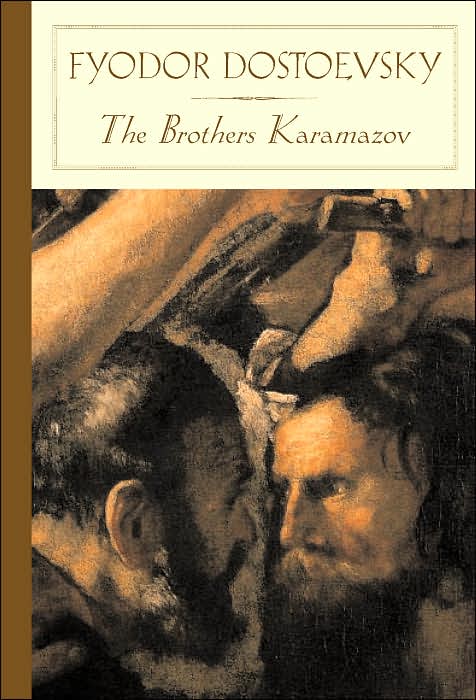
Numbers 21: 4-9
John 3
Have you ever heard that Old Testament reading in church before? I have been going to church almost every Sunday for my entire life and I’m not sure that I have ever heard that story from Numbers recounted in church. I’m almost positive that I have not heard a sermon from this text. It almost feels like I had to smuggle it in here this morning. It’s not that the church intentionally avoids this text, I don’t think. It is actually listed as a regular reading for the 4th Sunday in Lent in Year B. Today, in other words. But the problem is that John 3:16 is also appointed for the church to read today. That is almost like getting slotted on another network against the NCAA final, not many people are going to be tuning in.
But maybe the 21st chapter of Numbers is paired up with the most well known chapter in the New Testament for a reason. Maybe the church is trying to tell us something. Maybe in order to be able to rightly hear “For God so loved the world” we first must hear Numbers 21.
Numbers 21 contains what is easily in the running for the strangest story in the Bible. That is saying a lot, seeing that we are talking about a book that recounts tales of slaves overthrowing oppressive governments with an army of frogs, the Nile river turning into blood, seas parting; not to mention people rising from the dead. But numbers 21 is just downright strange—even by Biblical standards. The Israelites are wandering around in the wilderness, having been set free from the oppressive regime of Pharaoh quite some time ago, now, when they start whining again. They are tired, they say, and they wonder aloud why Moses ever led them out of Egypt. Did he just lead them out here to die? What’s more, they are tired of the same old food that they are having to eat. I mean, the manna was a welcome relief at first, but after about 25 years of munching on the same thing day in and day out, they are sick of it. So they start complaining, against Moses and the Lord.
This is when the story takes a turn for the strange of Hitchcockian proportions. After listening to Israel’s complaints for years, God finally gets fed up with their moaning and sends down snakes. The God of the plagues now sends a plague upon Israel. And just in case you think that maybe this is happenstance that they were complaining and happened to wander into a den of snakes, they are called Seraph Snakes in Hebrew. The same word that describes those beasts that attend to the throne of God in Isaiah 8 describes these snakes. They are seraph, fiery snakes. These snakes are from God. Snakes are everywhere, think Indiana Jones. And the Israelites are getting bitten by these snakes, these very poisonous, fiery snakes, and are dying. After enough of them die from this plague of snakes, the Israelites repent and ask Moses to call off the attack. “The manna’s not so bad, come to think of it! Just call off the snakes,” they say.
Now, perhaps the strangest thing of all happens. Instead of just making these fiery serpents disappear, God tells Moses to make a serpent made out of bronze, to put it on a stick for all of Israel to see, for when they look at this serpent, they shall be saved. What happened to, “Thou shall make no graven images?” Just a few chapters ago, God and Moses were on the mountain again, having to re-write the 10 commandments because of the last time the Israelites melted some metal and made it into the image of an animal. Now, God is commanding Moses to do this very thing in order to save the Israelites? Wait, so let me get this straight, the Israelites were complaining because they were sick of eating manna, so God sent poisonous snakes down to show them that things could be worse, they repent, and then God tells Moses to make a brass image of one of the snakes, hold it high on a stick and whoever looks at this brass snake after being bitten will be saved. Strange. Even by Biblical standards.
I’d be happy to leave this strange story in the Old Testament and chalk it up to one of those texts that we could write off as being irrelevant in light of the New Testament. The problem is, Christ drags up this strange story in relation to himself in our Gospel lesson today. And what’s worse, he brings it up in what is one of the best texts in the 4 Gospels. There is no ignoring Numbers 21.
Christ says, while speaking to Nicodemus, that he is like the serpent that Moses lifted in the wilderness. The brass serpent, the image of the very thing that kept the Israelites in bondage and was killing them, became their salvation. Looking at the image of their brokenness, the Israelites were given the ability to break the pattern of their brokenness. There is something salvific about looking at our brokenness.
“I am like the serpent,” says Christ. Jesus was to become the image of our bondage. Christ, on the cross, becomes the model of the very thing that keeps us in bondage. Sin, violence, fear, pain are age old serpents, waiting to strike humankind. What’s worse, they came from God as a result of our own sin. But like the brass serpent, God has given us a way out. Christ has become the Good Serpent, lifted high on the cross. And all who turn aside from their brokenness and look at this Good Serpent with faith, shall be saved.
When I was 15 years old I got my driver’s license. When I was 15 years and one week old, I got my first speeding ticket. My father was then the chief of the fire department, so of course the cop knew my dad. There was no hiding this sin from him. I went home, handed him the ticket, and he handed me a radio. “Next time this goes off for a wreck, you’re coming with me,” he said. A couple of nights later, the radio went off, and my father and I sped to the scene of a horrible accident. One man was dead, and a lady was horribly injured and was going to have to be medi-vaced out to Charleston. I watched in horror as they loaded the man in a bag into an ambulance and the woman onto the helicopter. My father, after working the wreck, made his way back to the car where I was sitting and said, “Son, your speeding is a much bigger deal than a ticket. Lives are at stake.” My father may have not been awarded Oprah’s parent of the year award with this tactic, but the point was made. If I was going to break this pattern, I was going to have to look at the consequences of my actions.
Jesus said, “I am like the serpent that Moses lifted up in the wilderness.” Anyone who looks on me and sees with faith will be saved. Look at the cross. What do you see? Blood rolling down his face from the crown of thorns, like the faces of so many abused people in the world. Look at the cross, his back chewed to a meaty pulp from the beatings, like the backs of so many slaves who helped build our "civilized" society, or the backs of the poor who make our affordable world so convenient. Look at the cross, emaciated from lack of food, like the hungry, neglected by so many in the world. Look at the cross, his hands and feet pierced, like the hands and feet of countless criminals, counted unworthy of hope, seen as being beyond redemption. Look at the cross, all of humanity is there, beaten, oppressed, broken and bloodied. Look at the cross. Seeing the brokenness of humanity is the first step to breaking the pattern of the brokenness. Look at the cross. Behold, your salvation.






